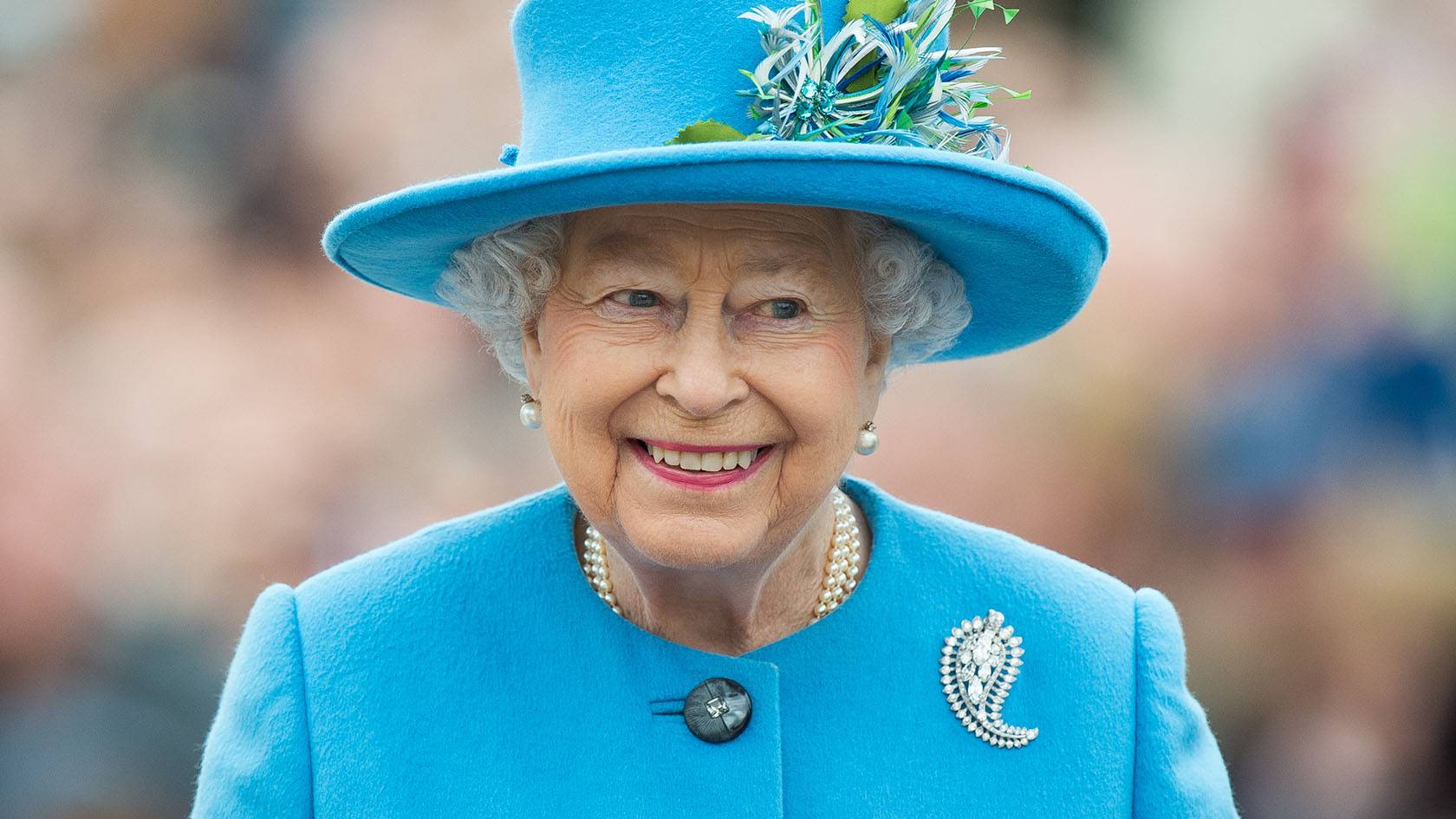
The Commonwealth and the Queen: Member states must leverage economic opportunities
The death of the Queen of England, Elizabeth II, has sent shock-waves across the world and in particular the Commonwealth of which she was the head and transformed enormously to economically benefit member states.
The Commonwealth, formerly known as the British Commonwealth, has origins that date back centuries, but the current version goes back nearly 100 years. The association had been under the jurisdiction of the Queen for most of its existence.
The Commonwealth
The Commonwealth is a voluntary association of countries around the world that were once part of the British Empire, Ghana included.
The goal of the association is to support member governments, and partner the broader Commonwealth family and others, to improve the well-being of all Commonwealth citizens and to advance their shared interests globally.
Advertisement
Formed in 1926 as part of the Balfour Declaration of 1926, it is one of the oldest political organisations in the world, existing before the United Nations and NATO.
The goal of the declaration was to form a union where all countries once under British rule were treated equally, with all countries pledging allegiance to the British king or queen.
From a handful of members, the Queen managed to increase the number to 56 countries. It has 21 African countries, 13 Caribbean and American countries, 11 Pacific Island countries, eight Asian countries, and three European countries.
Head of the Commonwealth
Automatically, King Charles III is now head of the Commonwealth, but technically he isn’t – yet according to sources. This is because, the head of the Commonwealth is not determined by family lineage. It must be chosen by Commonwealth leaders.
Economic values of the Commonwealth
Many continue to wonder the economic values of the Commonwealth to member states such as Ghana. This is so because there has not been instances where governments have mentioned how they and businesses can leverage the association to improve their lot. Meanwhile, there are a number of opportunities that the Commonwealth offers which can be leveraged.
Trade competitiveness - Commonwealth experts help member countries improve their global trade competitiveness. Many Commonwealth countries only have a limited domestic market, so it focuses on developing their export capabilities.
For instance, there are 18 ongoing country projects in: Barbados, Belize, Botswana, Brunei, Cameroon, Grenada, the Gambia, Jamaica, Kenya, Malawi, Lesotho, Seychelles and Sri Lanka. There are also three regional projects in The Caribbean Community (CARICOM) and The East African Community (EAC).
Small states trade finance facility - This Commonwealth-led fund helps small countries import goods at competitive prices. The fund guarantees loans made by loan providers like local banks, to encourage them to loan money to small and medium businesses.
Public Debt Management Programme - The Commonwealth also supports member countries’ efforts to effectively manage their debt portfolios.
The Secretariat’s Debt Management Unit (DMU), through its public debt management programme, supports member countries’ efforts to effectively manage their debt portfolios.
In accordance with the mission of the Commonwealth Secretariat and the Sustainable Development Goals, the programme aims to strengthen the policy framework, institutional and legal arrangements, institutional capacity and management information systems to support prudent and effective debt management in member countries, thereby supporting the overall aim of individual member countries to achieve sustainable debt, reduce long-term debt servicing cost, manage the risk of contingent liabilities as well as risks of debt distress.
Delivery of the programme is through advisory support, capacity building and provision and support of public debt management systems.
Oceans and natural resources - It also assists member countries to sustainably manage their natural resources, in the ocean and on land.
Commonwealth countries are endowed with immense and precious natural resources. These include millions of square kilometres of ocean space, significant renewable (wind, solar) and non-renewable resources (oil, gas, minerals).
When managed equitably and sustainably, the exploitation of natural resources bolsters national resilience to economic and social crises, improving prosperity for all citizens.
The Commonwealth Secretariat, for instance, assists its member countries to sustainably manage their natural resources, in the ocean and on the land, for the benefit of current and future generations. It provides technical assistance and support member countries in the development of policies, laws, design of fiscal regimes and strengthening national institutions as they seek to implement the Sustainable Development Goals.
The programme is delivered through direct advisory support, capacity building and collaborations.
Commonwealth Fintech Toolkit - With the emergence of technology-enabled financial services (fintech) and the profound changes to the production and delivery of financial services it has enabled, Commonwealth Central Bank Governors (CCBGs) expressed a desire for improved technical guidance on fintech implementation.
The Commonwealth Fintech Toolkit is a response to that call. The Toolkit aims to build the capabilities of senior leaders and their teams, helping them to understand the building blocks of fintech, identify which policy interventions may make sense in a given context, and how to implement that decision.
Way forward
For 70 years, the Queen laid a solid foundation with her vision clearly spelt out and exposed to the many members to leverage.
She is gone and left behind the Commonwealth which she eloquently transformed. The next steps will not be for the next leader alone but for individual and collective member states to leverage the enormous opportunities thereof to help improve the well-being of their respective countries and their people and their businesses.
The beautiful legacy of the Queen should, therefore, be seen as a living legacy on which member states can build their economies.
